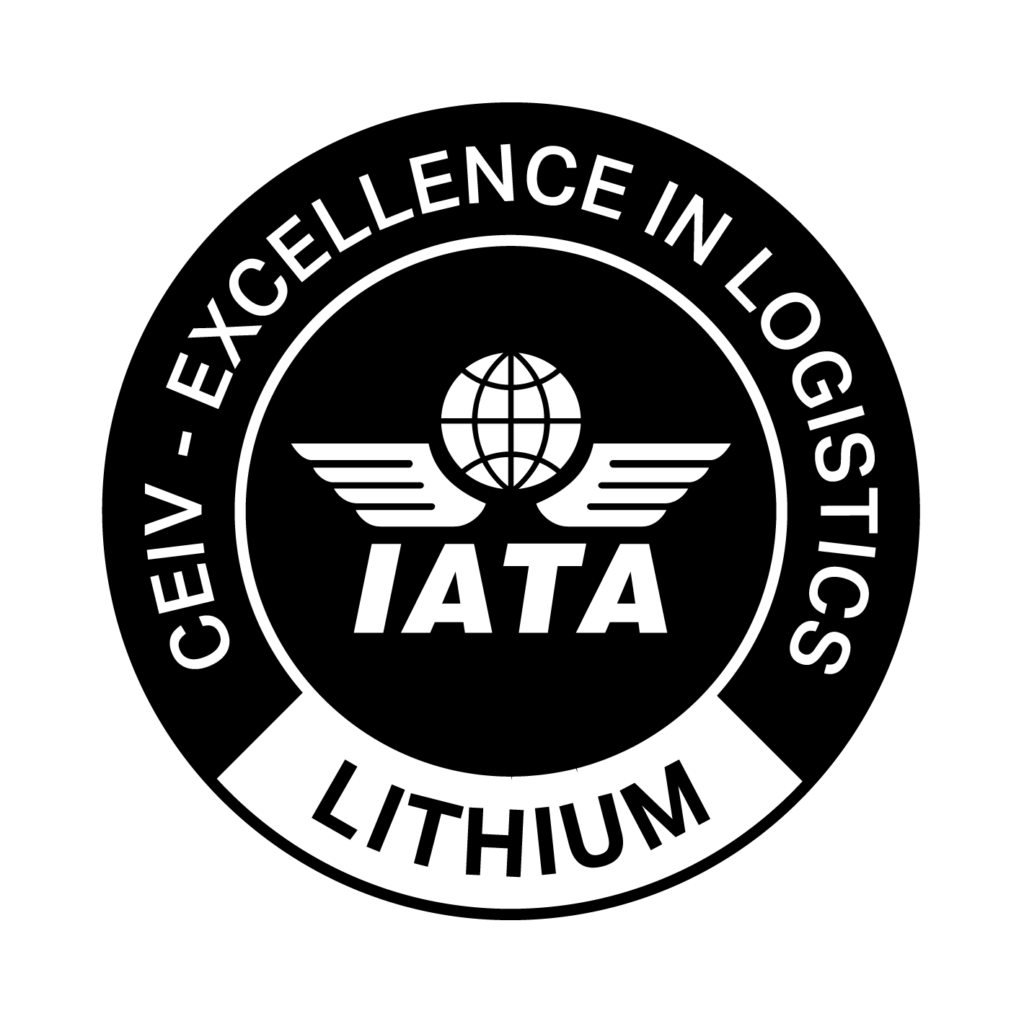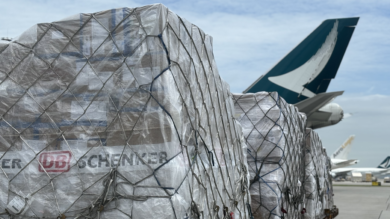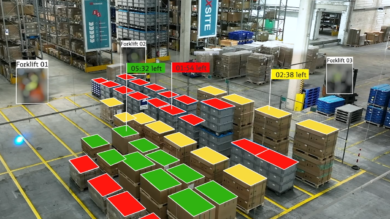Lithium batteries power countless devices from smartphones to electric vehicles, making them an integral part of modern life. However, their transport poses significant challenges due to potential hazards. Lithium batteries are classified as dangerous goods because of their high energy density and chemical composition, which can lead to overheating, fires, and even explosions under certain conditions. These risks are particularly acute during transportation when batteries are subject to various stresses, such as physical damage, temperature fluctuations, and pressure changes.
Especially at high altitudes, air transport regulations are the most stringent due to the high risks associated with lithium batteries. Lithium batteries require a special certificate to authorize their transport. They must be carried as cargo in compliance with IATA DGR and are subject to limitations on the quantity and type of batteries that can be transported.
Target Achieved: The IATA Lithium Battery Transport Certification

DB SCHENKER has successfully obtained the Center of Excellence for Independent Validators (CEIV) Lithium Battery Certification from the International Air Transport Association (IATA) for its air freight operations in the United States.This significant achievement underscores
DB SCHENKER’s commitment to setting the standard for safely and efficiently handling lithium battery shipments, a critical component in today’s technology-driven market.
“The CEIV Lithium Batteries program, crafted by IATA, is an industry-recognized certification that represents a company’s ability to meet the stringent guidelines and standards for the logistics of lithium batteries. The certification confirms
DB SCHENKER’s proficiency in the safe transport of these items, which are essential for powering a vast array of devices and systems essential to modern life and commerce.”
DB SCHENKER embarked on a rigorous certification journey, marked by a series of in-depth training sessions, self-assessments, and meticulous documentation reviews.
“The process began with comprehensive training, where Air Export Operations personnel and Air Product Management teams completed the IATA Lithium Battery Logistics Safety Management Certification Program. Following this,
DB SCHENKER conducted a thorough self-assessment to ensure alignment with IATA’s exacting standards.”
The Performance of DB SCHENKER
A checklist with over 200 points required DB SCHENKER to fulfill the highest level of precision and demonstrate a strong commitment to safety standards. The implications of obtaining CEIV Lithium Batteries certification for DB SCHENKER are far-reaching. This certification not only reaffirms DB SCHENKER’s unwavering commitment to safety and quality but also enables the company to meet the increasing demand for the transport of lithium batteries. Customers and partners can now have even more confidence in DB SCHENKER’s ability to handle their shipments with the utmost care and expertise.
Looking to the future, DB SCHENKER views this certification as a cornerstone of its ongoing strategy to expand its specialty in transporting dangerous goods. The company is already planning to extend the CEIV Lithium certification to additional global sites and is confident in pursuing further certifications for other dangerous goods, irrespective of the mode of transport. The CEIV Lithium Batteries certification is valid for two years, during which DB SCHENKER will engage in continuous improvement and compliance to maintain this status. Refresher training for key personnel will be conducted and new assessments will ensure ongoing adherence to the rigorous standards set forth by IATA.
Published: May, 2024










